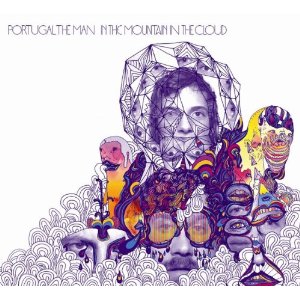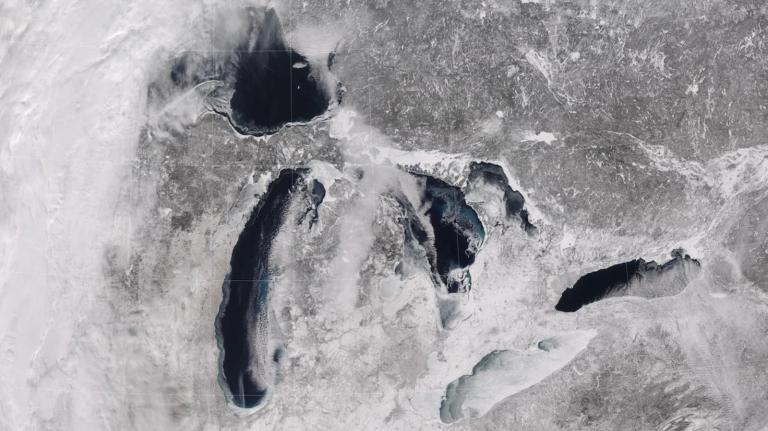Come Friday, I’m usually pretty torched after a typical week of being attacked as a hypocrite for working on climate change in the ski industry. So, often, I’ll join our company CFO for a cocktail. Our favorite is a Manhattan, which I mix up with some Gentleman Jack if possible, because I like owner Brown-Forman’s work on climate change. And, in theory, I escape. Or so I thought.
But it turns out that global warming may affect weather patterns crucial to the bourbon aging process, according to a terror-inducing study conducted for the Commonwealth of Kentucky.
Hey, now. Come on. Things are getting a little personal now.
For years, we’ve been hearing that climate change will lead to increased drought, fire, superstorms, floods, threats to oceans and fisheries, and disruptions to food and water supplies. But that’s just standard apocalypse. Now climate change is messing with cocktail hour, and that’s not cool.
Maybe alcohol will be the final straw that galvanizes people into action. Just this week alone, two articles brought up the booze-climate connection, both written — not surprisingly, given the climate-activist worldview — by friends who have been known to enjoy the occasional highball. On Huffington Post, snowboarder Jeremy Jones talks about his climate nonprofit Protect Our Winters’ new collaboration with Alamos vineyards. (Alamos depends on Andes snowmelt to irrigate their grapes.) And Jenn Orgolini from New Belgium Brewery pointed out in the Coloradoan that drought and flooding threaten the brewery’s (and many Broncos fans’) very lifeblood: hops and barley.
When many of us got into the field of solving climate change years ago, conventional wisdom was that a few industries would be extremely concerned about climate out front. Those included insurance (Swiss Re and other reinsurance giants have had climate divisions for years, correctly anticipating a spike in weather-related disasters), banking, agriculture, and skiing. But now a whole host of other industries are worried, many of which cut to the heart of who we are, of our history and tradition and ritual.
Take tea, for example, a key part of life in many parts of the world. It’s under the gun from climate as well.
Coffee too. A few weeks ago, Jim Hanna at Starbucks talked about climate impacts on coffee and his remarks got covered everywhere, from Newsweek to The Washington Post to Fox News. This surprised Jim a little bit, but of course his comments went viral: To drink coffee is to be a human being. (I’m such a coffee addict that I used to carry a glass press pot into the wilderness for three-week trips when I worked for Outward Bound.)
You can Google almost any business and find concerns about climate change associated with it. No surprise. But we humans are funny. Some things are too big for us to understand, let alone think we can fix (climate, democracy). Some things get our attention because they are small and personal and in our faces. Things like children. And whiskey.





